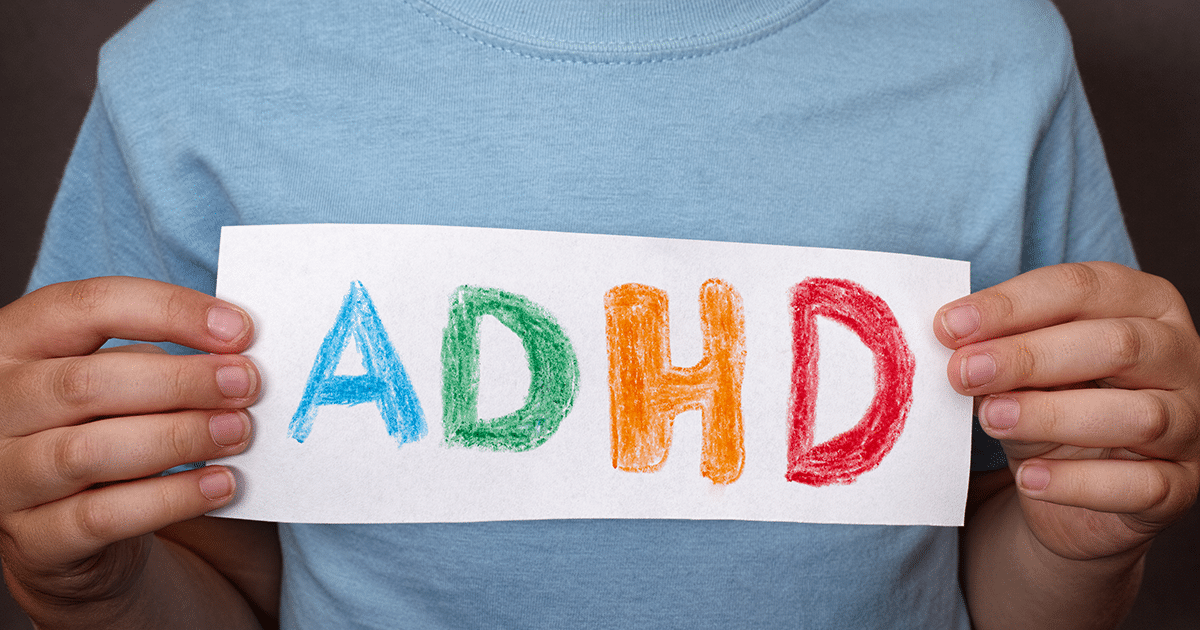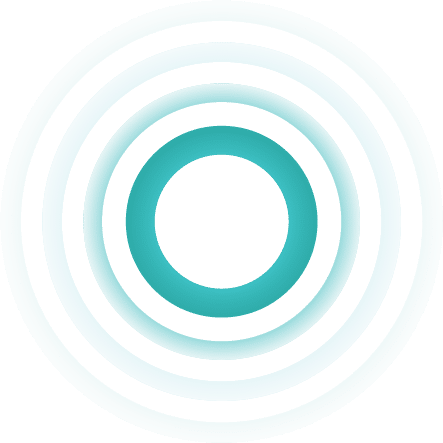
Myth: It’s not a real disorder
Let’s start with one of the major ADHD myths – ADHD isn’t real; it’s not a legitimate diagnosis. In reality, ADHD is a neurobiological disorder that has been clinically observed for more than 100 years and is recognized today all major medical associations and government health agencies due to overwhelming scientific evidence.
Myth: ADHD is a “Boys Only” Disorder
In actuality, girls are just as likely to have ADHD as boys but because this myth is out there and boys may show more of the visible “hyperactive” symptoms rather than the less obvious “inattentive” symptoms, boys are more likely to be diagnosed. The breakdown of “who” has ADHD according to CADDAC is as follows:
- ADHD is the most common mental health disorder in children.
- 80% of those diagnosed with ADHD in childhood maintain the diagnosis into adolescence and 60% are still affected by core symptoms into adulthood.
- No matter what it might seem like in the media, ADHD is underdiagnosed and under-treated.
- ADHDis most likely inherited according to the most recent research.
(*statistics courtesy of CADDAC)
Myth: It just bad parenting
This is one of the most hurtful ADHD myths. According to the National Alliance on Mental Illness there is no link between ADHD and parenting styles. Parents are often left confused and frustrated when it comes to dealing with the challenges having a child with ADHD presents. The family model employed by The Possibilities Clinic works to introduce parents to ways they can deal with those challenges when they happen.
Recommended ADHD Treatments
The recommended treatments for ADHD involve medication, psychotherapy or a combination of both. The Possibilities Clinic is a firm proponent of an integrated approach, offering a multidisciplinary complement of medical, psychological and educational approaches to ADHD.
Evidence indicates that while medication alone can help ADHD children manage symptoms; many of those children can take a lower dose of some medications when they receive therapy in conjunction with ADHD medications. Teaching children, parents and educators coping mechanisms for working with symptoms or recognizing potential triggers goes a long way to improving the quality of everyday life for all involved.










